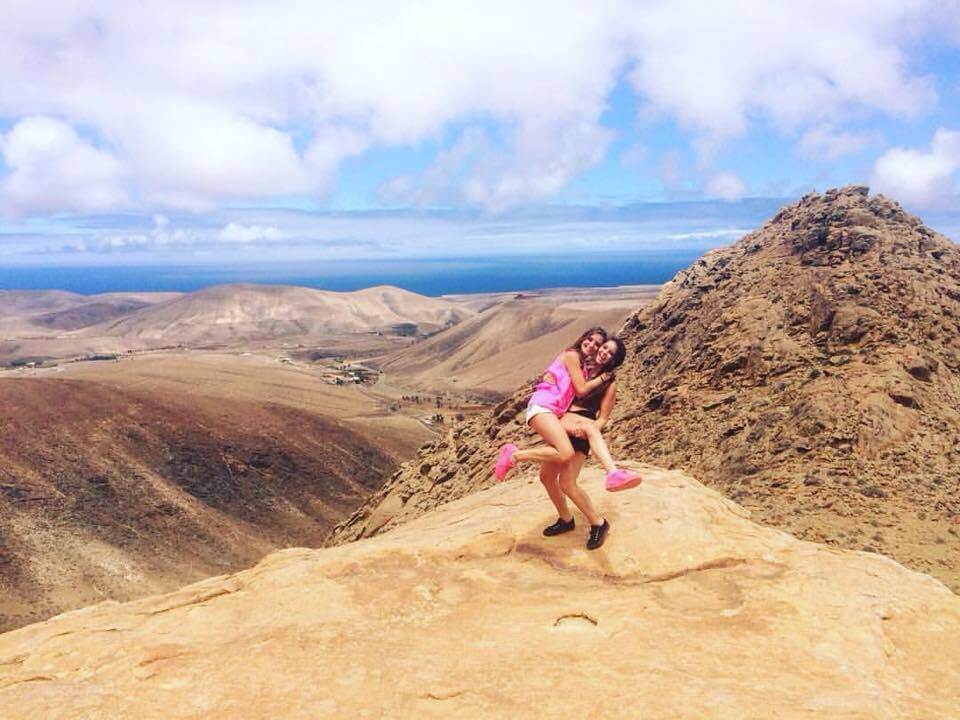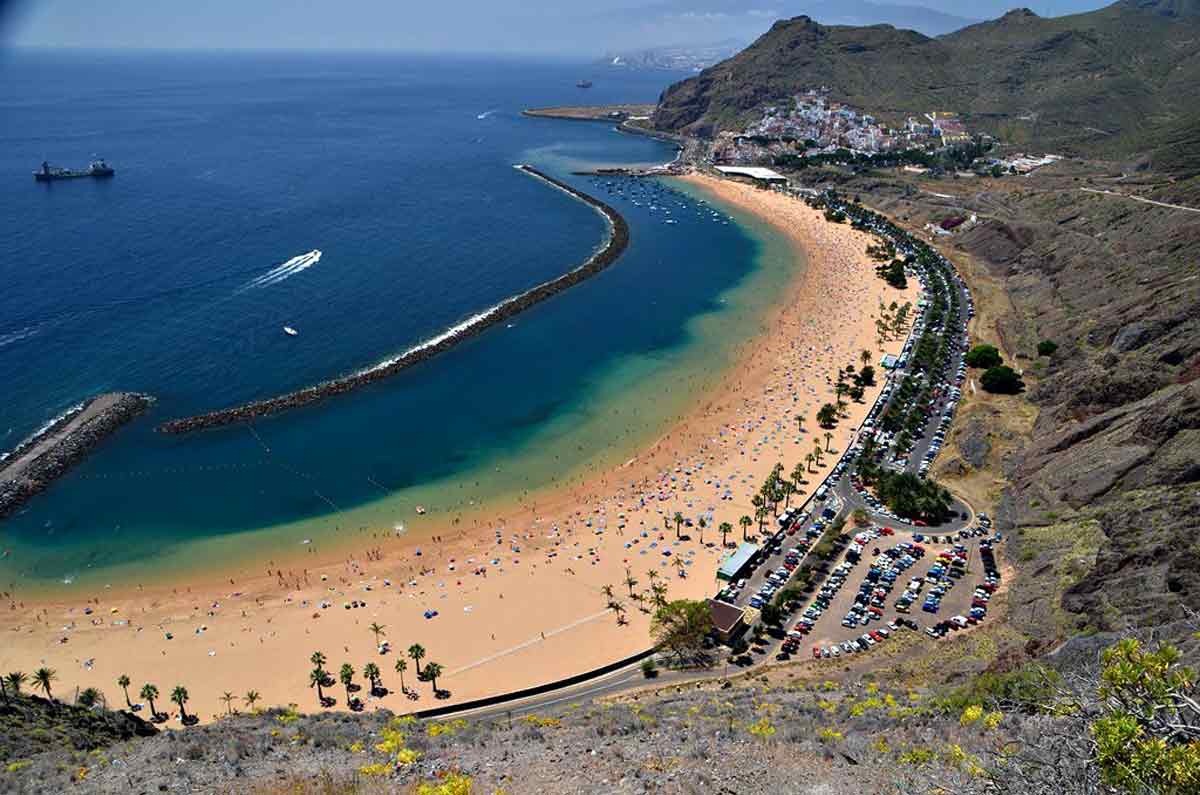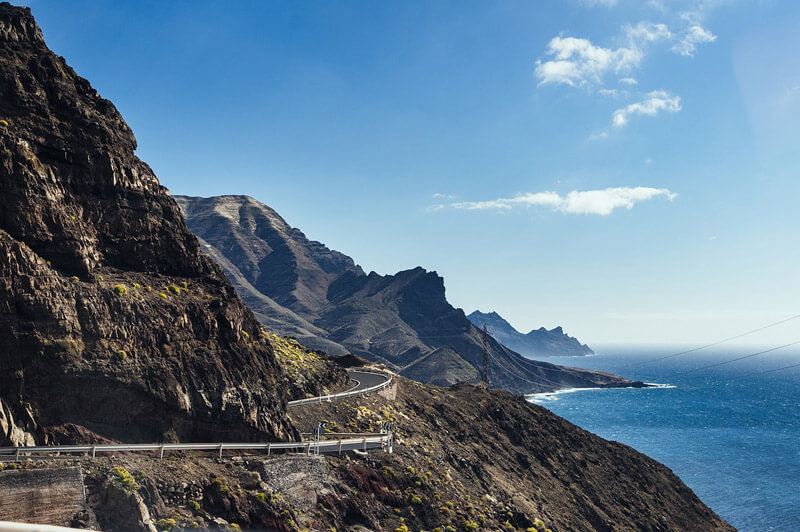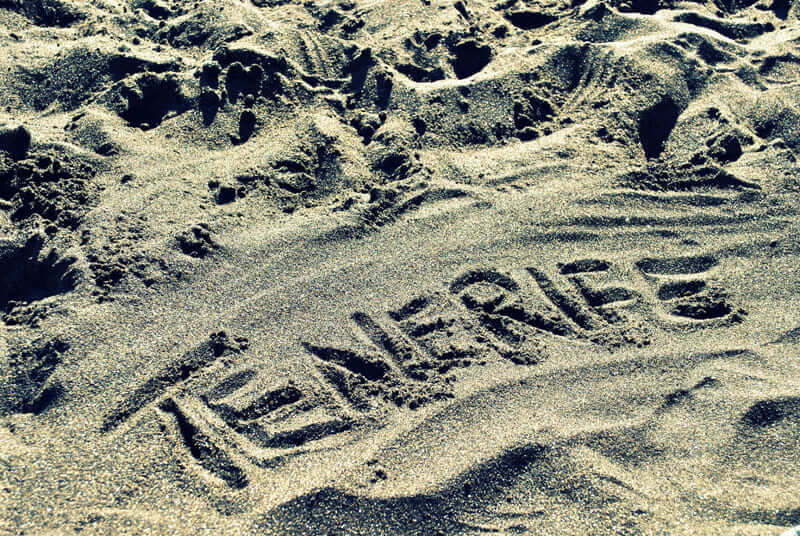La Gomera is a natural and magical paradise
Information about La Gomera and good tips for you to know
La Gomera is the second smallest of the main Canary Islands and has diverse landscapes with forests, fertile valleys and impenetrable rocky cliffs. Throughout the year the climate on the island is mild with only a few rainy days. Beautiful, unspoilt La Gomera offers excellent hiking opportunities and plenty of fine beaches. You will find enchanting forests, idyllic bays, typical villages and impressive valleys that offer magnificent hiking trails. Another highlight for nature lovers is the Garajonay National Park, which covers 10% of the island’s area. Or visit Los Organos, the cliffs near the community of Vallehermoso, which look like organ pipes set in stone by humans.
You can find additional information on the following website of La Gomera on www.gomeralive.com
More information:
Valle Gran Rey – valley of the Great King
Chorros de Epina – natural spring in the laurisilva and cloud forest
Degollada de Peraza – lookout
El Cedro – impressive laurisilva, which has a small river running through it
Benchijigua and the Barranco Santiago – small villages
Sporting activities:
Hiking
Cycling
Horseback riding
Diving
Whale watching and boat trips
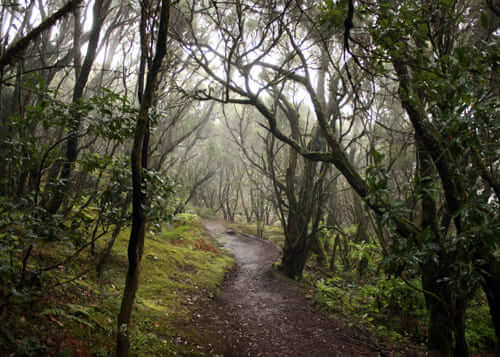
Our S-W-E-P interns explore the neighbour island! A report about La Gomera:
We, the S-W-E-P interns, went on a trip to La Gomera during our work placements in Spain from the island of Tenerife. We came there by ferry which took us only half an hour from Tenerife to La Gomera. Arrived on La Gomera, we rented a car to explore the island. We started in San Sebastián de La Gomera and drove to Hermigua, where we stopped to take a walk and saw banana plantations, avocado trees and vineyards.
We continued with our tour and made a break in Agulo. Close to Agulo and Hermigua we went to a beautiful beach with black sand named Playa de la Caleta at which we ate delicious salads with exotic fruits. After gaining new energy we moved on to the next city: Las Rosas. There we visited the exhibition Centro de Visitantes de Juego de Bolas where we got some information about the National Park Garajonay. We drove through the park and stopped a few times to take photos with various breathtaking views on La Gomera ifself and stunning views to the other islands like Tenerife and La Palma.
Back on our way to San Sebastian we walked up to the huge statue of Jesus which seems to watch over the city. From this hill we enjoyed fantastic views to San Sebastián de La Gomera and to Tenerife with its huge volcano Teide. Before we had to go back to the fairy, we went around the city to buy some souvenirs for our friends and family members. A relaxed evening at the beach of Los Cristianos completed our perfect day.
We can really recommend La Gomera to you during your hotel work placements on the Canary Islands! Here you can have a look on the times, when the ferry drives and how much it costs:
https://www.directferries.com/
But notice: Some agencies only allow you to rent a car if you are at least 23 years old!
Information about La Palma and what to see and to do
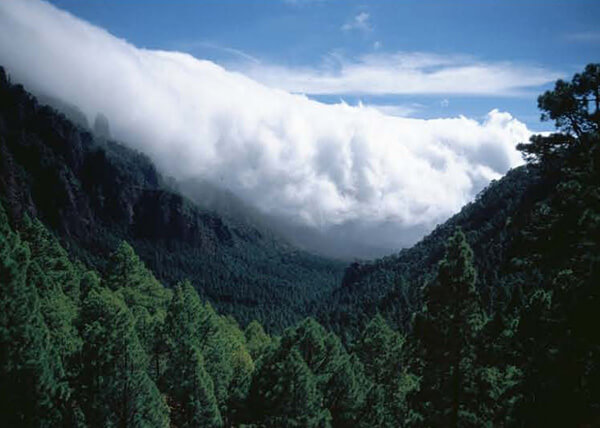
La Palma is the fifth biggest and the most north-westerly of the Canary Islands. It has not yet been completely flooded by mass tourism and is the perfect place for an escape from the daily routine. If you are a nature lover, we recommend the Caldera de Taburiente National Park. The national park offers a spectacular landscape, containing various hiking trails. If you like to stay on the ground or prefer to be airborne, you have the following options; motor bike or mountain bike trips or horseback riding or paragliding.
Thanks to the many tiny restaurants and sweet desserts (which are mainly served with almonds) the delicacies of the island won’t stay hidden from you during your hotel internship in Spain. Like on the other Canary Islands most main dishes are prepared with potatoes, chickpeas, olives and garlic. A nice bottle of self-cultivated wine goes down well with all these dishes.
Further information:
Museo Casa Roja – exhibition centre of the Feast of Corpus Christi tradition & knitting museum
Plaza La Glorieta– well designed town square made of mosaic and volcanic rock
Wine museum
Maritime museum „Naval“ in Santa Cruz de La Palma
Silk factory and museum in El Paso
Banana museum in Tazacorte
Casa Sotomayor in Los Llanos – a former mansion, which is the oldest building on the island
Finca Tabaquera „El Sitio“ in Breña Alta – Finca where tobacco is processed according the ancient traditions
Parque Belmaco near Mazo – archaeological park with caves of the Guanches
Sportive activities:
Fishing
Archery
Paragliding
Riding
Diving
Hiking
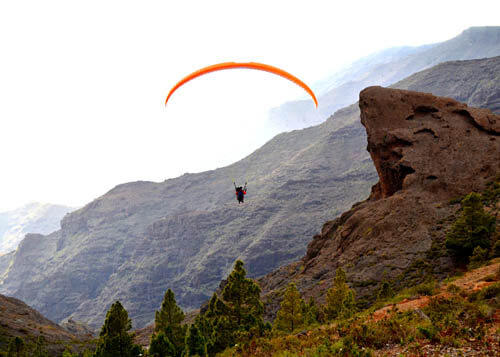
Information about the final island El Hierro and some attractions to see
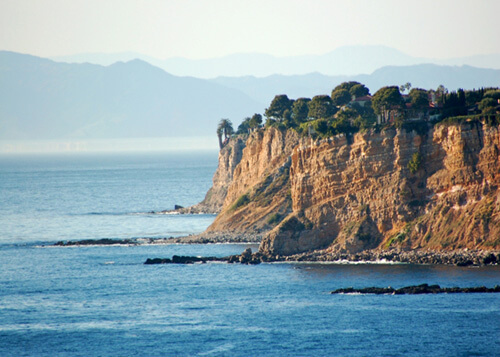
El Hierro is the smallest of the seven bigger Canary Islands and also known as the jewel of the Atlantic Ocean.
The island contains a densely covered plateau in its centre with almond groves, pine trees and other coniferous trees and steep cliffs along the coast. In the north and north-west, wine and fruit cultivation as well as a pasture landscape is typical. In the south mainly small volcanoes and lava rock can be found.
In respect to tourism, the island is rather quiet and offers unspoilt nature. The lighthouse Faro de Orchilla, at the south-west tip of El Hierro, was thought to be the “end of the world“ for a long time. There are beautiful trails through the juniper forest of El Sabinar with bizarrely shaped laurel and juniper trees and a fantastic view of the north coast, which you can enjoy during your work placements in Spain, on the Canary Islands.
The landmark of El Hierro is a juniper tree deformed by wind.
Attractions to see on El Hierro:
El Garoe the holy tree – the tree is located near San Andrés in the north of the island and it is sacred because of its ability to condense moisture from low clouds into water
Faro de Orchilla – To be at the Orchilla lighthouse is great for watching the sunset or for stargazing because there is no light pollution
El Golfo Valley – fertile valley with abundance of natural beauty
Iglesia Santa Maria de la Concepción – one of the most magnificent buildings on the island is the fortress church located in the capital of El Hierro, in Valverde
Village of Guinea – small village, redesigned as an ecological museum which gives an idea how the first settlers lived
Centro de recuperación del lagarto gigante de El Hierro – breeding station for near extinct giant lizards
Pozo de la Salud – medical mineral water spring which should have curative properties
Sportive activities:
Fishing
La Lucha Canaria (Wrestling)
Paragliding
Diving
Hiking


